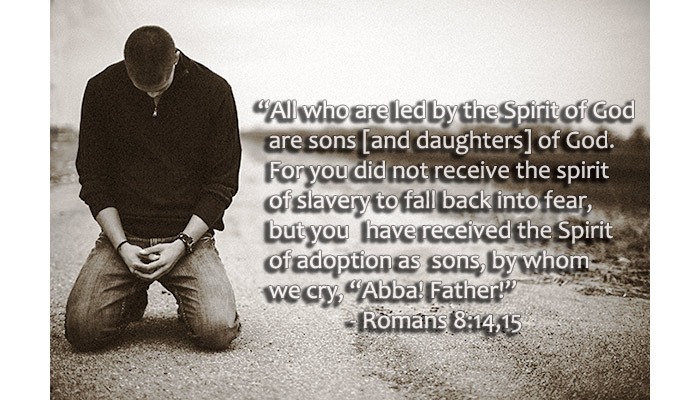It is not through the proud action of our reason, but through its humble submission that we can really know ourselves. Such foundations solidly established on the inviolable authority of true religion enables us to understand that there are two fundamental truths of faith. One is that man in the state of his original creation, or in the state of grace, is exalted above the whole of nature, made like unto God, and sharing in his divinity. The other is that in his state of fallenness and sin, man has forfeited this first state and has become like the animals. Both these propositions are equally sound and certain.
Scripture plainly declares this when it states in a number of places:
- “My delights were with the sons of men” (Proverbs 8:31);
- “I will pour out my Spirit upon all flesh” (Joel 2:28);
- “You are gods” (Psalm 82:6),
while saying in other places:
- “All flesh is as grass” (Isaiah 40:6);
- “Man is like the beasts that perish” (Psalm 49:12);
- “I said in my heart concerning the estate of the sons of men” (Ecclesiastes 3:18).
From this it appears quite plain that it is by grace that man is made in the image of God and partakes of his likeness, while without grace he is like the beasts of the field.
Quote by Blaise Pascal from Pensees 131-434
Top image credit: Photo of man kneeling in prayer on a dirt road, © lightstock.com, stock photo ID: 60129. Used with permission. Scripture quote from Romans 8:14-15 added.
Blaise Pascal (1623-1662) spent the first thirty-one years of his life doing what brilliant people do. He formulated Pascal’s theorem of geometry at sixteen. He created the first calculator at nineteen. He invented the syringe, the hydraulic press and a whole lot more. For good measure, he also formulated the theory of probability.
Everything changed on the night of November 23, 1654. He called it his “night of fire.” For two hours, he had an experience with the transforming love of God that changed the course of his life. He was reading John 17, where Jesus prays before giving himself over to be crucified. As Blaise read, the room filled with God’s presence. He wrote on parchment a description of what happened and sewed it into the lining of his coat to be reminded of it. For the remaining years of his life, Blaise devoted himself to writing various defenses of the Christian life. His last work, still in fragmentary form, was published after his death as Pensées (Thoughts).
[Short bio by Reverend Dr. Peter James]



